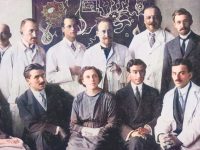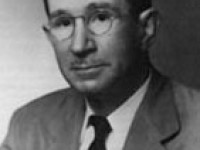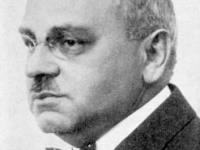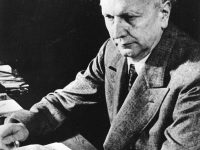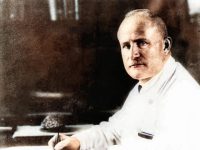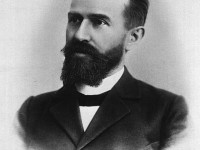Alois Alzheimer and the Disease Of Advanced Civilization
On November 3, 1906, German psychiatrist Alois Alzheimer presented for the first time the pathology and the clinical symptoms of presenile dementia together, later renamed in his honor as Alzheimer’s disease. Alois Alzheimer – Early Years Alois Alzheimer was born in Marktbreit, Bavaria, the eldest son from the second marriage of the notary Eduard Alzheimer and his wife Barbara Theresia née Busch, a sister of the first wife Eva-Maria née Busch, who died…
Read more

